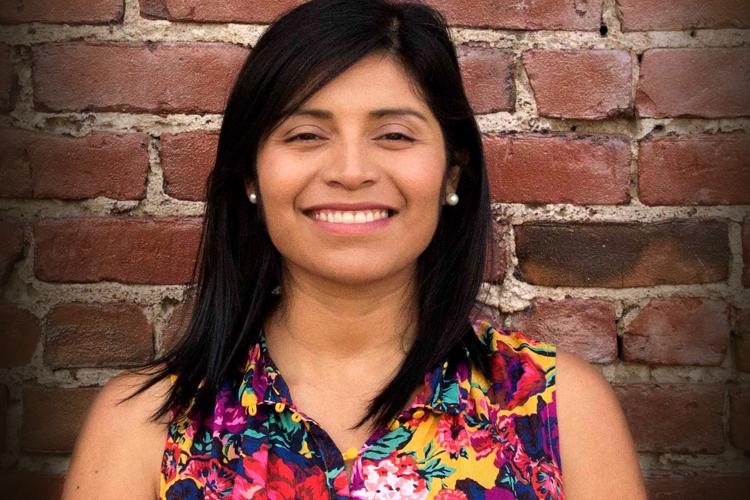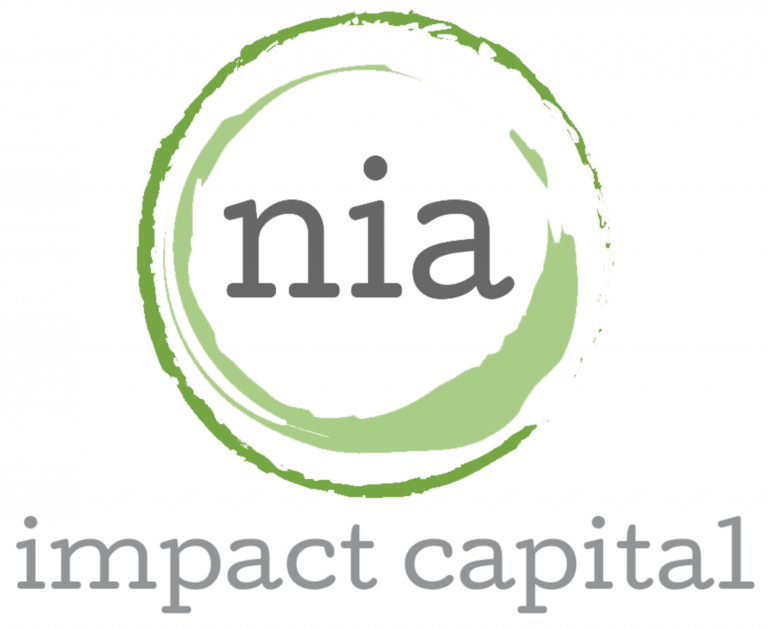Millennials & Money: Insights From an Often Overlooked Community
Millennials & Money: Insights from an Often Overlooked Community
by Erika Andraca, Director of Operations and Client Services, Nia Capital Impact
Millennials are receiving quite the attention from the media. We are often characterized as lazy and entitled. What I find to be true is that our generation has little trust in large institutions — from governmental offices to our large banks and financial institutions. We are steeped in our values and want our money aligned with our desires for a more sustainable planet. We are poised to catalyze big shifts in how financial services operate. What has yet to be adequately covered are the ways many millennials are left out and marginalized from our financial systems.
Making Do
Growing up in a low-income immigrant community in Los Angeles, I witnessed and experienced first-hand this lack of financial access. In my community, most people did not have access to checking accounts or relationships with banks. They lived paycheck-to-paycheck, not earning enough to maintain an account free of monthly fees. For some, legal status required living in the shadows and that influenced their interactions with money as well.
Without banking or credit cards, these communities have no credit scores and therefore struggle with basic needs such as renting a home or buying a car. Out of necessity, many operate in cash or trade, while some fall victim to predatory payday lenders. Despite being excluded from the formal economy, many in my community have extensive experience with savings and loans through their lending circles. Family, friends, and neighbors lent and borrowed money in small groups called “tandas,” with each person contributing a set amount each month and one person from the group taking the pot each month. This informal “line of credit” came in handy many times. I recall what a relief it was when a family member was able to use the tanda to help with the unexpected expense of repairing his car.
Eyes Toward the Future
As a senior in college, I was ready to take on the world — and then the financial crisis hit. I graduated alongside 1.4 million millennials, who had taken on more student debt than ever before, amid the largest financial meltdown since the 1930s. I wanted to be a public servant — to engage in and work toward solutions for the income inequality that I knew was a big issue for our nation. With that in mind, I pursued a Master’s in Public Administration. During graduate school, I encountered the concept of Social Impact Bonds. I was excited to learn that private companies and public entities could form partnerships to lower recidivism in New York jails. Intrigued, I did more research. I learned about impact investing and was won over by the possibilities of shifting capital for good.
Working to Shift Capital
Today, I have the privilege to work for a company that believes in, and works for, equity, diversity, inclusion, women’s empowerment, and social justice. We at Nia Impact Capital understand that for everyone to thrive, we must include everyone. This means having equal representation in leadership, empowering women with financial education, removing the stigma around lack of financial literacy, and making financial products accessible to those who have been traditionally excluded.
I cannot speak for all millennials, though, from my view, millennials have similar goals to other generations. We want financial security, we want to contribute to the economy, and have the freedom to choose a job that brings us purpose and joy. This clarity around our values is often mistaken for entitlement, and yet millennials are uniquely positioned to help solve for some of the world’s most difficult challenges. We grew up in era of major technological transition and political change, and we have lived through the Great Recession of 2008. All these experiences have helped–if not forced us–to identify and assess our values. While we have varying backgrounds and paths on our money journey, as millennials we share a desire for a sustainable world. Our collective economic power is already shaping the way we invest our dollars and as that economic power grows, we must remember that the sustainable future we seek must also be inclusive.
Read Erika full Blog Post for additional insights at - https://greenmoneyjournal.com/millennials-money-insights-from-an-often-overlooked-community



